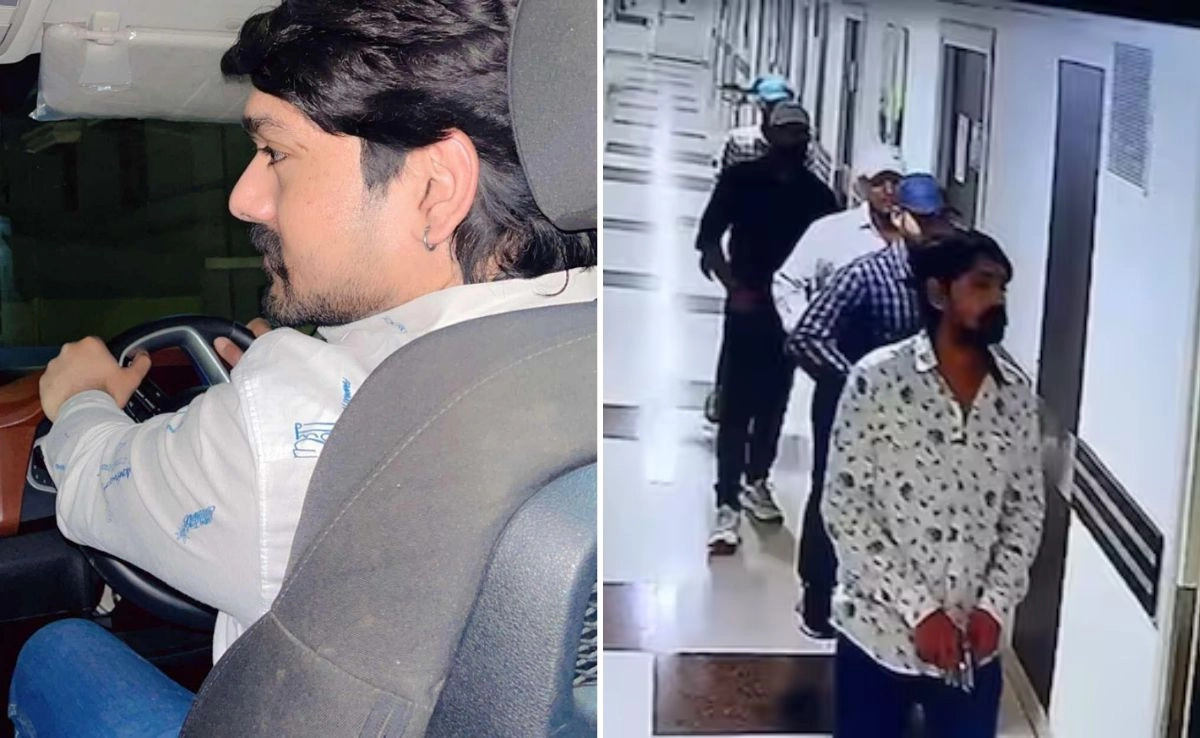An Indian-origin man, who spent an astonishing 43 years in prison for a crime he did not commit, now faces the grim prospect of deportation from the United States. This harrowing story underscores the complexities of the American legal system and the personal toll of wrongful convictions. The man, whose life was irreversibly altered by a miscarriage of justice, was exonerated only recently, shedding light on the systemic flaws that allowed such a grave error to persist for decades.
His wrongful incarceration was marked by a series of legal missteps, including inadequate defense and prosecutorial misconduct, which ultimately led to his conviction. For over four decades, he lived in a confined space, grappling with the emotional and psychological repercussions of being wrongfully imprisoned. His case serves as a poignant reminder of the human cost associated with flaws in the criminal justice system, where the stakes are incredibly high and the consequences can be life-altering.
Following his exoneration, the man faced a new challenge: the possibility of deportation. Despite having lived in the United States for most of his life, the immigration laws pose a significant barrier to his stability and future. This situation raises critical questions about the treatment of individuals who have been wrongfully convicted and the protections available to them once they are released. The intersection of criminal justice and immigration policies reveals a complex landscape where even those who have been vindicated can find themselves facing new forms of injustice.
As advocates rally for his right to remain in the country, this case highlights the urgent need for reform in both the criminal justice and immigration systems. It emphasizes the importance of ensuring that individuals who have suffered due to judicial errors are not further victimized by laws that fail to account for their unique circumstances. The story of this man serves as a call to action for society to reflect on the systemic issues that allow such injustices to occur and to work towards a more equitable framework that protects the rights of all individuals, regardless of their past.




